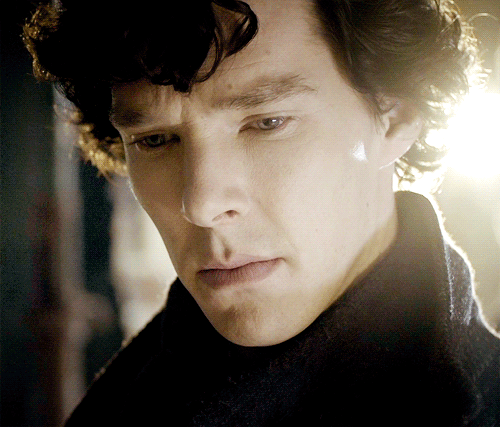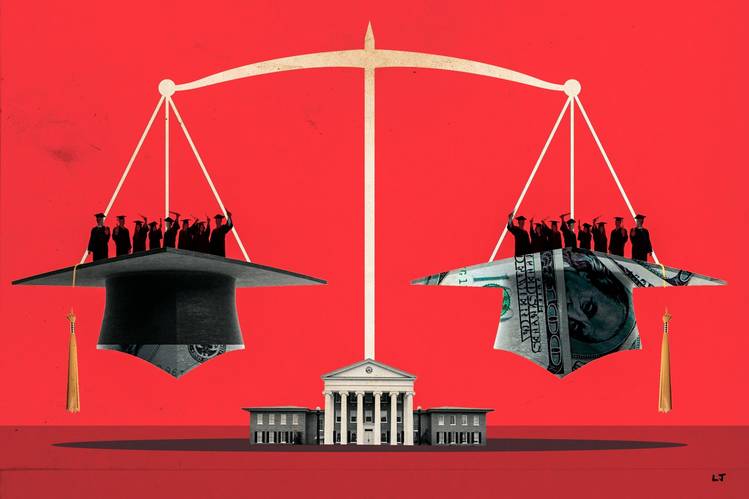By Cara Burke
How many of you have wallowed in those torturous James Bond moments when he finds himself alone with his past in an empty apartment? Or cried over the image of Sherlock in a messy flat, John gone, friendless, reminiscing how well this reflects his equally lonely childhood? Even Doctor Who spreads the romantic idea of a lonely soul, wandering the universe in wonder with a heavy load of tragic past always in the background of the pitch black sky which holds the stars he explores. Let’s not even start on the Hunger Games, or Harry Potter, or Percy Jackson, and all the angst that they hold…
Our entertainment promotes an ever-so romantic notion of loneliness and sadness – it doesn’t take a long trip on tumblr, or within ourselves, to see that we wallow in the angst of fiction. Wherever we look in movies, books, and tv shows, we find sad characters, and we love it. They’re broken souls we can feel for. I cannot tell you how much fanfiction I wrote just to cry over and feel that physical pain deep in my chest at the heart-wrenching pain of my favourite characters. I would daydream about them just to feel sorry. I would imagine myself in their place, or with them, and my perfect constant escapism was made perfect by one factor: it was tragic, I could feel sorry for the characters, and by imagining myself in their place I could feel sorry for myself.
So why on earth are happier characters or plots so absent from the ink on our pages and flickering screens? Maybe we think that a story about someone who is genuinely content with their lives would be boring, but we have absolutely no evidence to support this being the case. Take Amazon’s The Tick, for example – whether or not you like it, there’s no doubt it’s not boring, and the happy character we see is who makes it so entertaining. Maybe we just love the romantic sadness too much, but I think it’s time for that to change. I think we can hope to be happy, and become happy, when we’re presented with people who are actually happy and healthy and content. This notion sometimes seems an impossibility, but it needn’t be, and our characters and plots needn’t back up that idea.
It’s time for a happy revolution in the entertainment industry.



